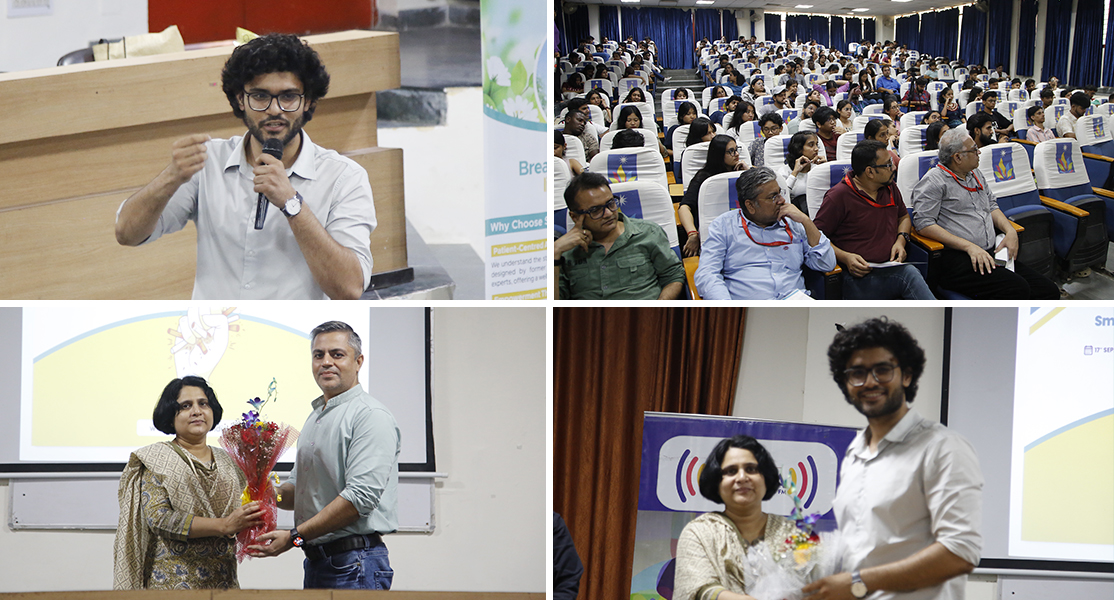
India's Battle Against Smoking: Experts Urge Comprehensive Action to Combat Nicotine Addiction
India faces a severe public health crisis as smoking-related illnesses claim over a million lives annually. Nicotine addiction, disproportionately affecting the youth, is at the heart of the issue. According to the latest Global Adult Tobacco Survey (GATS), a staggering 28% of Indian adults aged 15-24 are regular smokers. Public health experts are warning that the rising numbers pose a significant threat to the country's healthcare system, urging immediate action to provide better tools for smoking cessation and alternatives to combat addiction.
Speaking at Sharda University, Greater Noida, as part of the 'Smoke Free India' campaign, Dr. Rajat Sharma, a Resident in Community Medicine at the University College of Medical Sciences and GTB Hospital, New Delhi, highlighted the complexities of nicotine addiction. "Nicotine addiction is more than just a habit; it's a chronic and relapsing brain disorder. The dopamine release triggered by smoking creates a profound psychological and physical dependence, particularly among young adults, making cessation an exceptionally challenging endeavour," Dr. Sharma explained.
He also underscored the potential of safer alternatives, such as heated tobacco products, in reducing smoking-related risks but warned against complacency. “These alternatives should not lull individuals into a false sense of security but serve as transitional tools towards complete cessation. Comprehensive solutions combining education, policy reform, and community support are necessary,” he emphasized, calling on governments and healthcare providers to strengthen support systems like counselling and rehabilitation.
Public health experts agree that the government must play a pivotal role in curbing this growing epidemic. Stronger regulations on tobacco sales, increased taxes on cigarettes, and intensified public awareness campaigns are deemed essential to halt the rising addiction rates. Furthermore, there is a pressing need for greater investment in research and the development of cessation programs tailored to India's diverse and growing youth population.
Meenakshi Jha, Chief Convenor of the Smoke Free India campaign, also stressed the importance of empowering individuals to quit. "At Smoke Free India, our mission is to help people break free from the harmful cycle of tobacco addiction. Through our cessation programs and community support, we aim to provide the necessary tools and resources for people to lead healthier, smoke-free lives. Advocating for stricter tobacco control measures, while offering practical solutions like safer novel alternatives, is essential if we are to achieve a healthier India."
Addressing the tobacco epidemic demands a multi-faceted approach involving government regulation, public health initiatives, and individual commitment. With a strong push for awareness, comprehensive cessation services, and effective tobacco control measures, India can strive towards a healthier, smoke-free future. The time to act is now—before more lives are claimed by this silent killer.